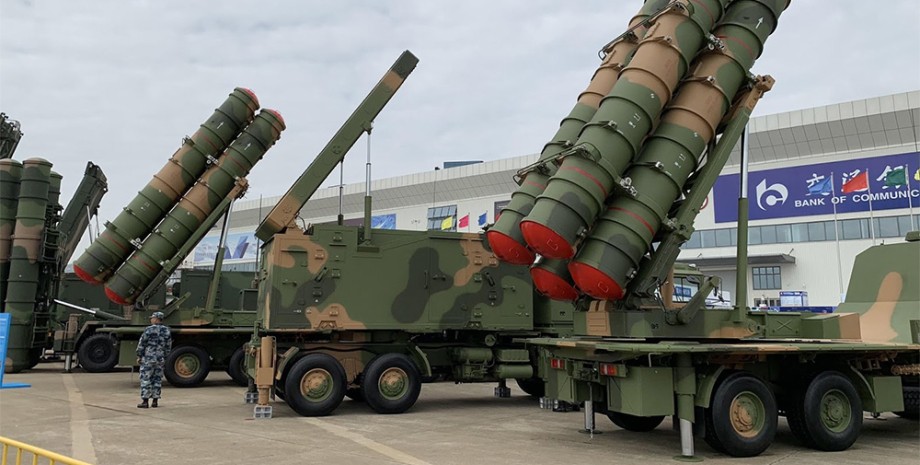
This was announced on January 8 by the Chief of General of Serbia, General Milan Moisilovich in an interview with Evening News. Against the background of international sanctions and growing isolation of Russia, Serbia came across difficulty in the supply of Russian weapons. General Moisilovich acknowledged that new military contracts are almost impossible to implement. "With regard to the supply of new weapons from the Russian Federation, it is almost impossible.
We try to find a way to get out of a new situation with diplomatic means. We have terminated some agreements and postponed others in hope that the situation in international relations at global level is normalized and will allow them to be implemented ", - said the general. Previously, Serbia was able to bypass the restriction, using licensed production and providing spare parts. However, changes in the geopolitical situation are forcing the country to look for alternatives, the commander added.
For example, Serbia has already started cooperation with China by purchasing the FK-3 air defense system as a replacement of Russian C-400 complexes. This high -tech system provides multilevel protection against air threats, including winged missiles and aircraft, and is also resistant to radio electronic wrestling. Thus, the ability of FK-3 to neutralize modern threats makes it an important element of the new Serbia's new defensive strategy.
Commenting on the words of Moisilovich, some analysts suggested that the situation with the rejection of military contracts from the Russian Federation was heated by a scandal with supplies to Ukraine of Serbian ammunition through third countries in the amount of 800 million euros. This decision has caused disputes within the country, as Serbia has long adhered to the neutral policy.
In view of this, this forced step testifies to Belgrade's desire to maintain a stable relationship with the West, which complicates its traditional connections with Moscow. In addition to military cooperation, the economic relations of the two countries are undergoing changes. Despite the fact that in 2022, the volume of bilateral trade reached $ 4. 28 billion, sanctions led to reducing the imports of Russian products in 2023. This made Belgrade look for alternative solutions.
At the same time, Serbia continues to negotiate with Gazprom on the extension of the gas supply contract. However, the reduction of supply in April 2024 demonstrates the vulnerability of the country's energy strategy, so Belgrade faces the need to diversify energy sources to reduce Moscow's dependence.










All rights reserved IN-Ukraine.info - 2022